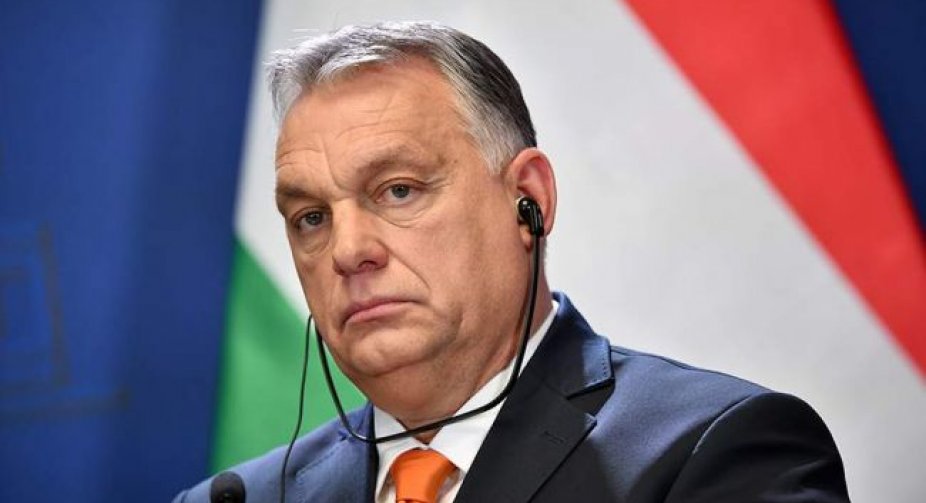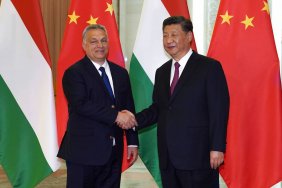Hungarian Prime Minister Viktor Orbán said on Friday that he has asked the Finance Minister and the head of the Central Bank to reduce inflation by at least half by the end of next year.
This was reported by the Reuters agency.
"I asked the governor of the central bank and instructed the finance minister to cut this inflation at least in half by the end of next year," Orbán told state radio.
He added that he expects to see single-digit inflation by the end of 2023. Inflation in Hungary jumped to 20.1% in September from 15.6% in August. Core inflation turned out to be higher than expected and amounted to 20.7%.
Orbán did not give details, but said that the fight against inflation is of paramount importance.
Hungary's central bank faces one of the biggest challenges among central European countries in curbing inflation after it announced last month that it would end a cycle of sharp rate hikes at 13%.
The forint has fallen to a record low against the euro since September's rate meeting amid pressure from a strong dollar, Hungary's dependence on energy imports from Russia and a rule-of-law dispute with the European Union that has limited access to billions of euros in funding.






